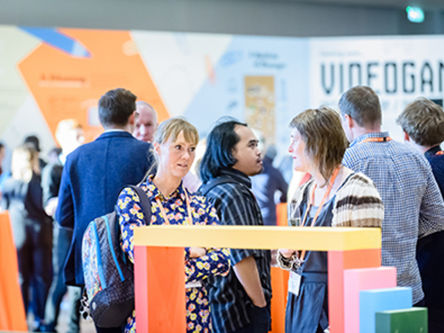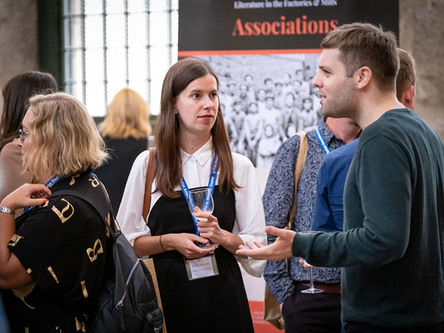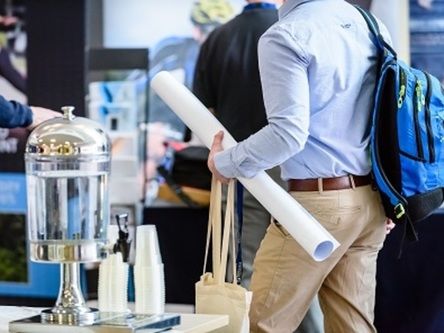What may become the expected norm for business events?
By Karen Tocher, business events manager, Dundee & Angus Convention Bureau
There is, unsurprisingly, much work going on around the globe to plan for the ending of lockdown restrictions and a return to operations for business events, as well as around what the future of business events will look like.
We can look forward to a time of change before we establish some equilibrium in the sector, but we can be sure that event organisers and future delegates will all have higher expectations of trust and transparency from all event suppliers.
The whole industry will need to make changes and introduce new protocols which mitigate risk and to communicate the change to event organisers. It’s unlikely that the confidence to travel will reach the same levels until the development and implementation of a vaccine, so the focus for many will be business events closer to home, with international events returning as confidence is re-established.
A good practice guide to reopening business events has been created by ICCA, prepared by the International Association of Convention Centres (IAPC), the International Congress and Convention Association (ICCA) and the Global Association of the Exhibition Industry (UFI). It gives advice to all on how to prepare for smooth, safe reopening of business. We are awaiting further guidance from both the UK and Scottish Government, but this guide informs some thinking about how we can all help our destination begin to prepare for reopening.
Advice on how to hold safe meetings which will build trust includes:
- Increased risk analysis including around prevention materials such as masks, hand sanitiser etc
- Potential health screening including temperature monitoring/scanning and, importantly, provision put in place for negative health screening management
- No contact policies – no handshaking, contactless payment etc
- Creative use of a whole venue rather than one area and approach to the format of an event which will by nature have fewer delegates – although this does present an opportunity for our area as our ability to host highly successful smaller events may lure those events which were previously held in large congress venues
- Conference venue layouts will have to be revised in all collateral to show how a venue can be adapted to social distancing
- Smaller group meetings may be the order of the day and these may have a hybrid element – some face to face and some virtual
- Event timings– including staggered timings to avoid cluster points and queues
- Physical distancing – and how to balance this with reduced room capacities and increased room requirements … and consequently the knock-on effect for the association’s revenue and profit as well as that of the venue. Venues are encouraged to become more creative and innovative light of these impacts.
- A signage rethink – improved and increased signage at venues
- One-way systems or clear directional flow and possible use of technology to track delegate flow patterns – also taking wheelchair users and those with mobility issues into account
- Introduction of barriers to control flow and volume
- Adaptation of registration desks – moving towards online ‘check in’ with no admittance to those who have not pre-registered
- Single use items throughout the event including the food and beverage offer
- Enhanced cleaning protocols including touch point cleaning of all surfaces and equipment and consideration of touchless hygiene products such as automatic soap dispensers and flushing toilets
- The introduction of safer waste disposal such closed waste bins and an increase in their provision
- Advanced technology – the ability to host a hybrid event which welcomes remote participants will be vital and will impact on the audio-visual equipment at venues
- Pre-recording speaker sessions may become more frequent
- Good practice across all delivery partners and third party suppliers which take into account their staff health screening, sanitation protocols etc
- Contracts and cancellation policies will be re examined
- Crisis management plans will need to be updated with our collective learnings from the pandemic
Destination selection by event organisers will depend on those destinations which can offer a partnership approach to hosting future meetings and I am confident that our region can and will deliver this.







